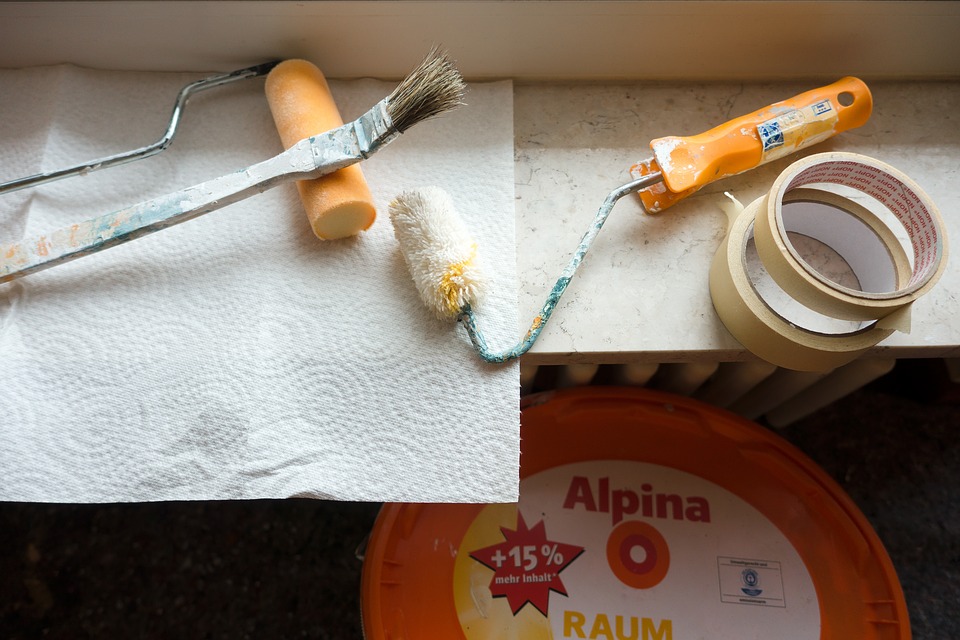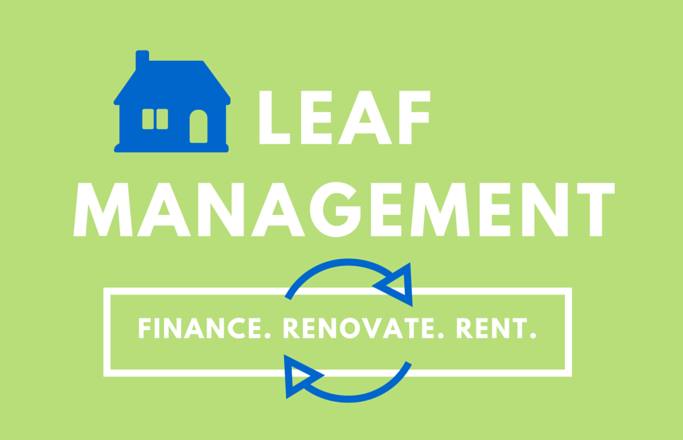Flipping a house can be risky business, but if done right, it can be extremely profitable. While the number of flips has decreased in recent years, the average return has increased with profits of well over 30 percent being seen. Here are a few things you need to know when entering the house flipping business to make it lucrative.
Hard Money Lender
A hard money lender is the investor who provides mostly short term financing to assist in the purchase of the property being flipped. The investor may supply the entire cost or make up the difference based on what is already available. Take note of specific terms and conditions, as the rate is often higher than conventional loans.
Know Your Numbers
It is integral to know your carrying costs on any property. These costs include monthly payments, utilities, water, homeowner’s association fees, labor fees, maintenance materials and any other expenses that need to be paid in order to continue the project.
Acquire trusted numbers for the after repair value, or ARV, which is what the property will likely go for once renovations have been done. Figure in all costs to establish whether the investment of time and money will be worth it.
Good Contractors
Have a list of go-to contractors who can provide quality service at a reasonable price. Establish the turn-around times and costs for general projects as well as specialty services.

Plan B
On the chance you are unable to unload the flip in a timely fashion, know what the fair market rent value is for the property. This helps you decide whether you would be able to recoup some of your money by renting it until you are able to sell it at a profitable price. If renting is not an option you are willing to put on the table, decide how much of a risk you are willing to take financially.
Research the market and be realistic about your costs. Armed with the right numbers and a strong focus, you can successfully flip a house and pad your bank account in a few short months.

